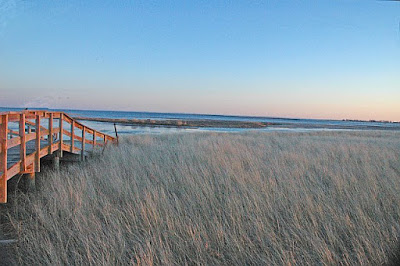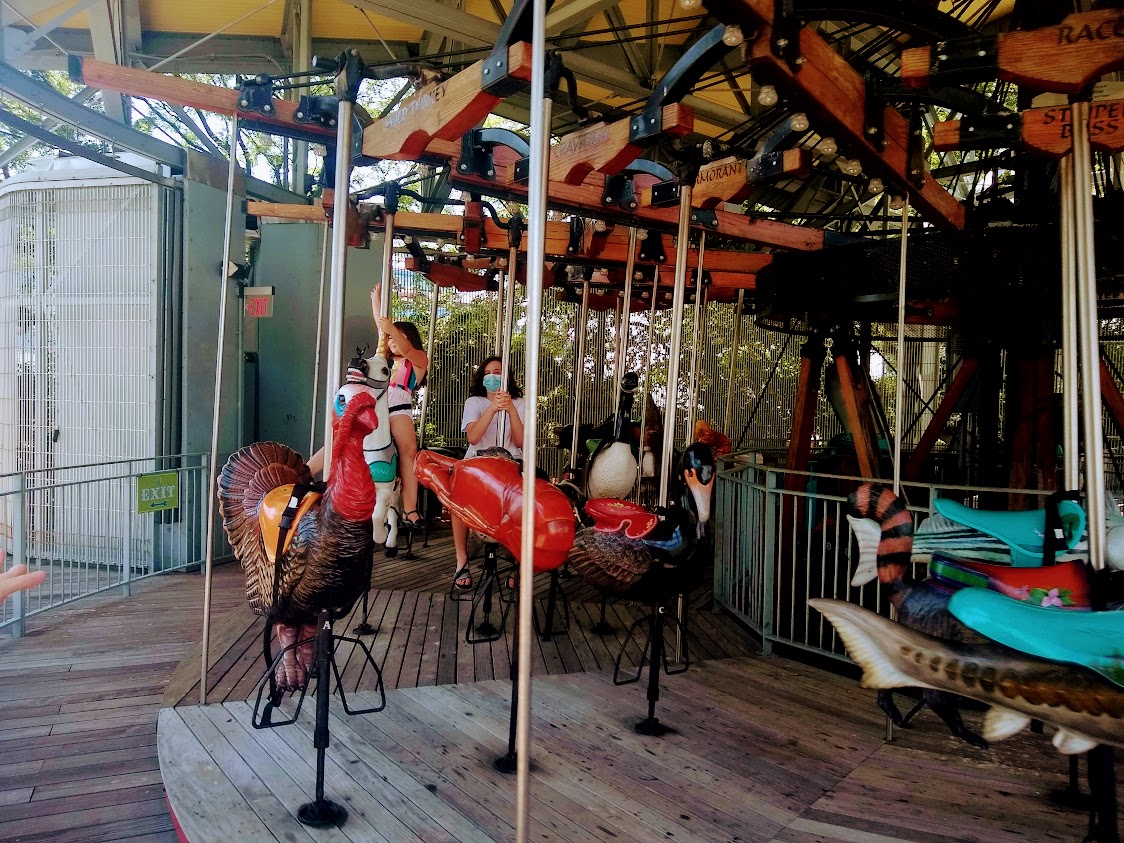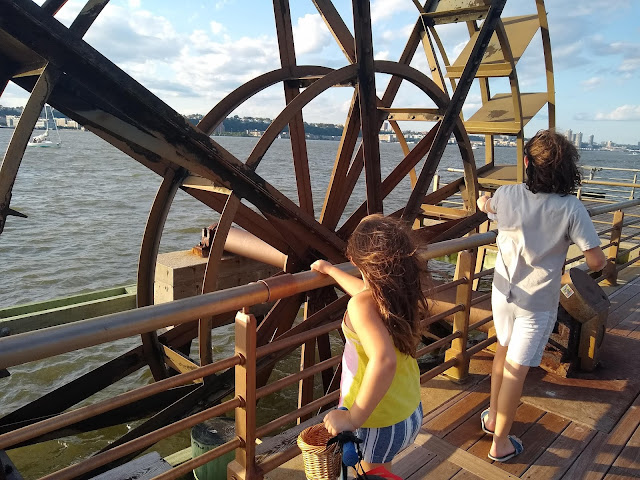On Caterpillars and Catastrophe
Terrible things happen all the time but when something as senseless and horrifying as The Pulse attack in Orlando happens it is disruptive to the practice of writing. It rips at the seams. As I wrote on my friend Amie's beautiful piece in response to the awful news, it takes me out of my writing mind, but also seems to demand a response, to re-activate my sense of responsibility. And the way I most often take up that responsibility is through writing.
So first I'm going to re-post something I wrote after Sandy Hook, as I am struggling now with many of the same questions, wondering if writing about to protect childhood in terms of making sure kids have enough free-time to play outside is responsible or ethical given the scale of mass tragedies it seems we are reading about constantly now. Here's the post from January 2013.
Is it naive to say it feels like this might finally be the beginning of a turning point? I don't know if it is the horrendous scale of Orlando or if it's because most people are tuned in because of the election or because it appears to be a specific, targeted hate crime - but even Fox News' anchors are calling for a re-instatement of the assault weapons ban that expired in 2004.
And next, as I'm wondering how the Congress will vote today, I'm also going to ask: can I write about the caterpillar Wally found at school and kept in his pocket and brought home in his backpack when the world is reeling? When I am reeling, too? Is that irresponsible? Tone-deaf? Irrelevant?
One answer is you don't write about protecting over-privileged childhoods from too much media and too many activities when there are so many horrendous things happening in the world. When climate change and gun control demand swift and decisive action. Demand that we call and write to our elected officials. Demand that we focus our resources as efficiently we can on the areas where they will have the greatest impact.
But another answer is that you do write about this very topic. That it's not trivial, even if it focuses on something tiny. That focusing on something tiny, like the slug, or the caterpillar, or the tiger mom at the small farm, by paying what what Nancy Mairs calls "rapt attention to the infinitesimal" you sketch out your relationship to the rest of the world. Naturalist Miriam Rothschild said her one hope for her children was "that they [would be] interested in natural history, because I think there you get a spiritual well-being that you can get no other way..." A spiritual well-being seems so very absent from many of our over-privileged lives. The ones with resources are the ones who must have empathy to help those with fewer resources. Disengagement, partly shaped by media absorption, nature deficit, lack of free time, lack of time to play as children, is a blight. Can even be dangerous. Can lead to silence that complicit with destruction.
This answer says we should listen to Walt Whitman when he tells us to "Love the earth and sun and the animals..."
This answer says we should listen to Alicia Ostriker when she tells us: "If the woman artist has been trained to believe that the activities of motherhood are trivial, tangential to main issues of life, irrelevant to the great themes of literature, she should untrain herself. The training is misogynist, it protects and perpetuates systems of thought and feeling which prefer violence and death to love and birth, and it is a lie."
This other quietly defiant answer says you do write about these small topics of motherhood, small, but vast, that you choose to help build a latticework of voices seeking peace, of seekers typing alone at night and trying collectively to think through and write through these questions, big and little, about how we want to live our lives and raise our children. How, as we toggle between our blog posts and our letters to Congress and our paid work and our errands, in the few hours we have between drop offs and pickups, or during naps, or in the evenings, we commit to imagining the kind of world we want and the best way to raise kids who are not only empowered but equally important, engaged with others and with the world around them. That we stay engaged and focused and alive to it as we do our best to guide them. That we return to writing, not itself an answer, but as a way to signal that we are searching too. That we are listening. That we're trying, alongside them, also to grow.



This "quietly defiant" answer speaks to my heart. Amen to writing about "these small topics of motherhood, small, but vast, that you choose to help build a latticework of voices seeking peace, of seekers typing alone at night and trying collectively to think through and write through these questions, big and little, about how we want to live our lives and raise our children." I was typing late last night about one of those small vast things, and then came here to find that you'd captured it all so beautifully.
ReplyDeleteThank you Sarah. Reading Natalie Goldberg last night: "When you concentrate and narrow in, you are also aware of the whole world."
ReplyDeleteThis is gorgeous and so well-stated. There is so much that is so big and so demanding and so important...it easily seems somehow wrong or false to write and think about the small. But it is the small that will change the big, we hope. "That we return to writing, not itself an answer, but as a way to signal that we are searching too." Your last paragraph, again, as with so many of your posts, just reaches in and squeezes all of my guts.
ReplyDeleteP.S. thanks for the shout out to my post!
Thank you thank you thank you! Yes! "It is the small that will change the big, we hope." I love that line. It's so good. So true.
ReplyDelete